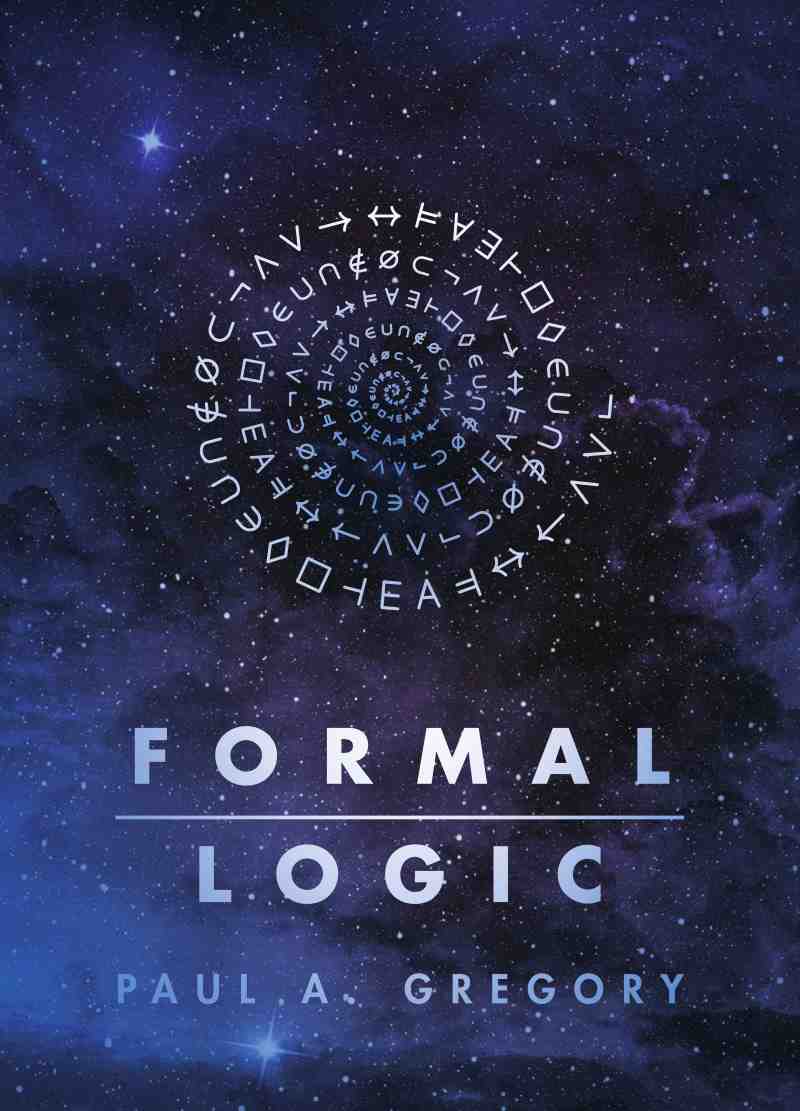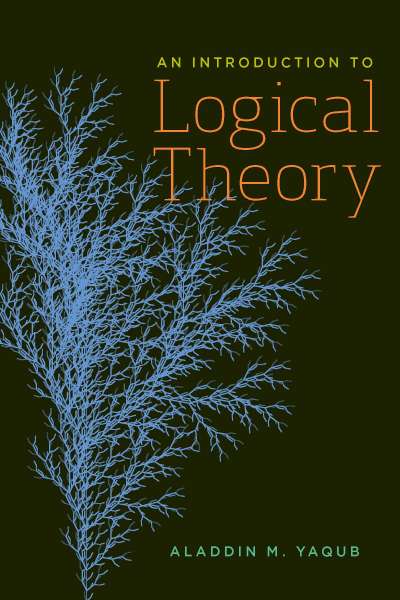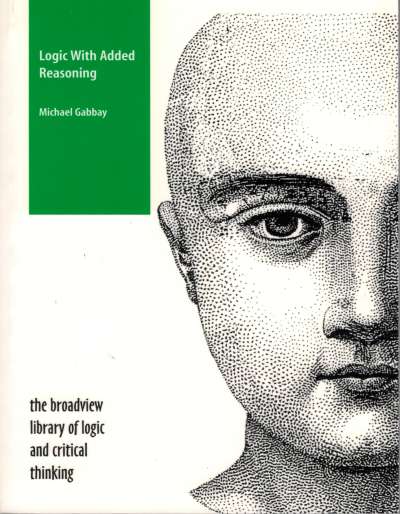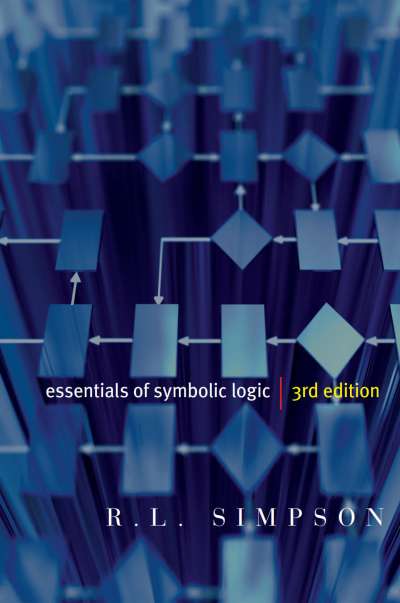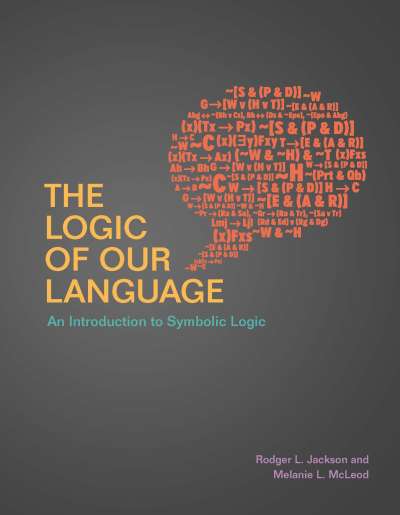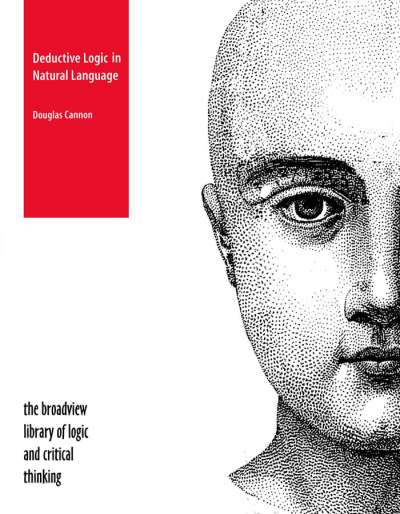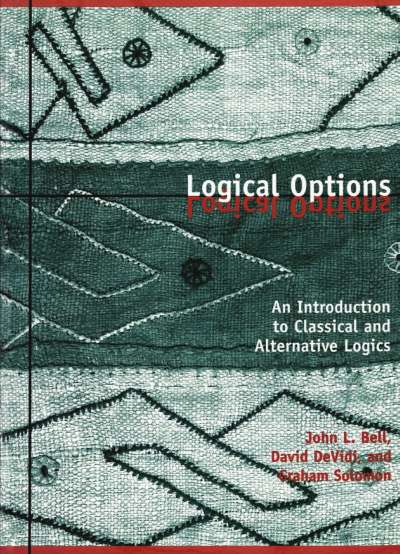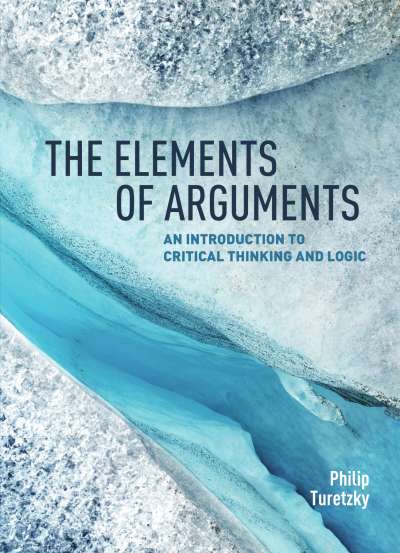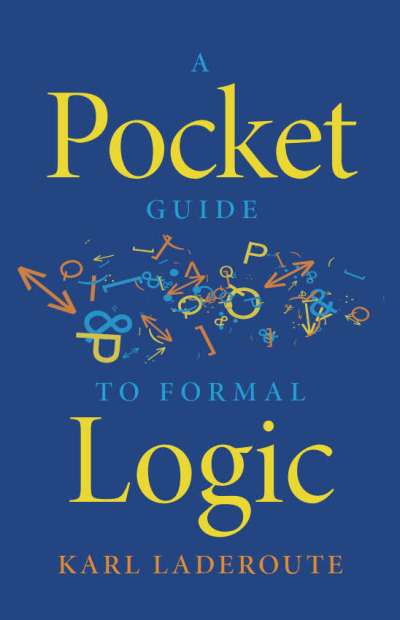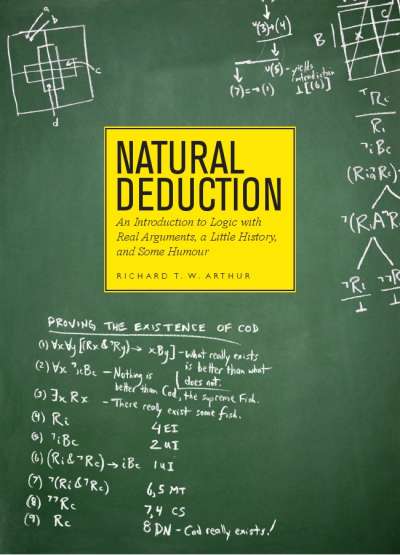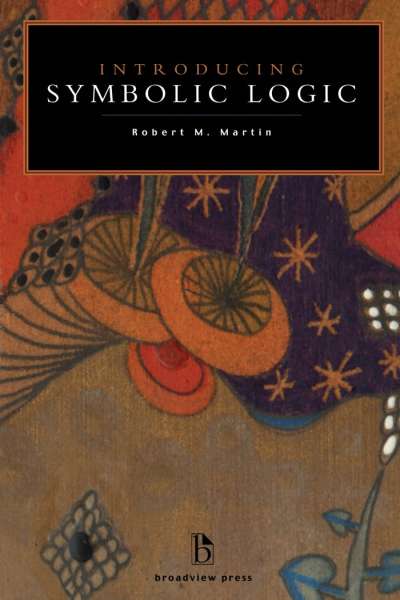Formal Logic is an undergraduate text suitable for introductory, intermediate, and advanced courses in symbolic logic. The book’s nine chapters offer thorough coverage of truth-functional and quantificational logic, as well as the basics of more advanced topics such as set theory and modal logic. Complex ideas are explained in plain language that doesn’t presuppose any background in logic or mathematics, and derivation strategies are illustrated with numerous examples. Translations, tables, trees, natural deduction, and simple meta-proofs are taught through over 400 exercises. A companion website offers supplemental practice software and tutorial videos.
Comments
“Formal Logic is clear, accessible, and intuitive, but it is also precise, explicit, and thorough. Complex and often confusing concepts are rolled out in a no-nonsense and direct manner with funny and demystifying terminology and helpful analogies. It's a pedagogical gem.” — Mary Kate McGowan, Wellesley College
“This is an excellent introductory text in symbolic logic. It is accessible, with clear and concise explanations of key concepts, along with many helpful examples and practice problems, but also rigorous enough to prepare students for a second course in logic; indeed, I do not know of any book that better combines these virtues. I am looking forward to using Formal Logic in my courses.” — Kevin Morris, Tulane University
“This book makes the ideas of sentential logic, predicate logic, and formal proof easily accessible by getting directly to the point of each in natural, non-technical language. It is concise while never hurried. It gets the details right, not by focusing on them as details, but through clear insight into why they are as they are.” — Colin McLarty, Case Western Reserve University
“Paul Gregory’s Formal Logic is worth careful consideration for anyone adopting a new logic text. The inclusion of chapters on set theory and modal logic makes it a valuable resource for students looking to go beyond the standard introduction to logic.” — Michael Hicks, Miami University
I: Informal Notions
1: Informal Introduction
II: Truth-Functional Logic
2: The Language S
3: Formal Semantics for S
- 3.1 Truth Value Assignments and Truth Tables
3.2 Semantic Properties of Individual Wffs
3.3 Semantic Properties of Sets of Wffs
3.4 Semantic Properties, Their Interrelations, and Simple Metalogic
3.5 Truth Trees
3.5.1 Tests with Truth Trees
3.5.2 Exercises
3.6 Chapter Glossary
4: SD: Natural Deduction in S
III: Quantificational Logic
5: The Language P
6: Formal Semantics for P
- 6.1 Semantics and Interpretations
6.1.1 Basics of Interpretations
6.1.2 Interlude: A Little Bit of Set Theory
6.1.3 Formal Interpretation of P
6.1.4 Constructing Interpretations
6.2 Semantic Properties of Individual Wffs
6.3 Semantic Properties of Sets of Wffs
6.4 Quantifier Scope and Distribution
6.5 Properties of Relations
6.6 Chapter Glossary
7: PD: Natural Deduction in P
IV: Advanced Topics
8: Basic Set Theory, Paradox, and Infinity
- 8.1 Basics of Sets
8.2 Russell’s Paradox
8.3 The Axiom Schema of Separation
8.4 Subset, Intersection, Union, Difference
8.5 Pairs, Ordered Pairs, Power Sets, Relations, and Functions
8.6 Infinite Sets and Cantor’s Proof
8.7 Chapter Glossary
9: Modal Logic
V: Appendices
A: Answers to Exercises
B: Glossary
C: Truth Tables, Tree Rules, and Derivation Rules
- C.1 Characteristic Truth Tables
C.2 Truth Tree Rules for S
C.3 The Derivation System SD
C.4 The Derivation System SDE
C.5 The Derivation System PD
Paul A. Gregory is Associate Professor and Head of Philosophy at Washington and Lee University.
Formal Logic has two companion websites: one for students and one for instructors.
The student website hosts a proof checker for the SD language discussed in the book, along with a series of video tutorials. A complimentary access code to this website is included with all new copies of Formal Logic. If you purchased a used copy, you can obtain access for a nominal fee here.
The instructor website hosts a test bank of additional questions mapped to chapters 1-7 of Formal Logic.
For a sample chapter of Formal Logic, click here. (Opens as a PDF.)

